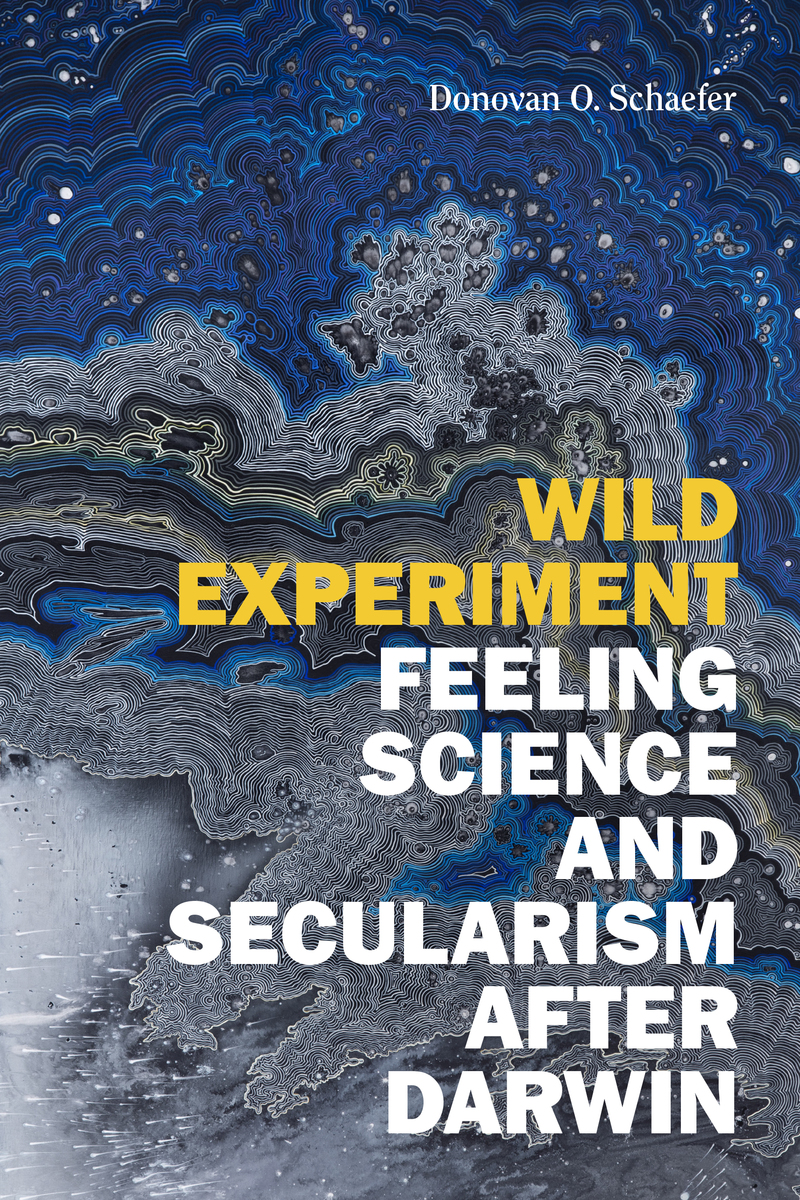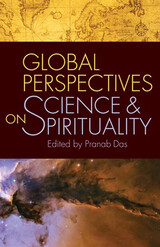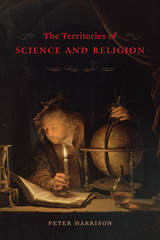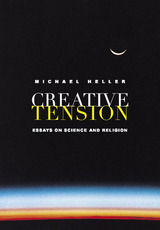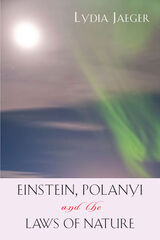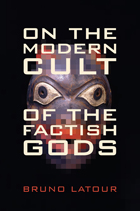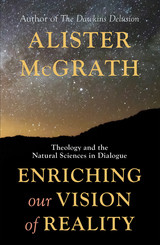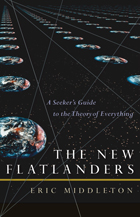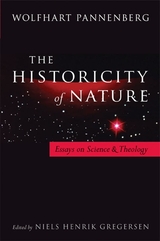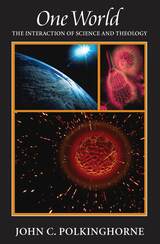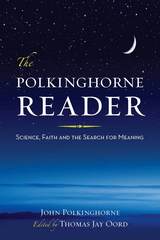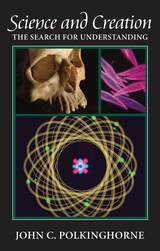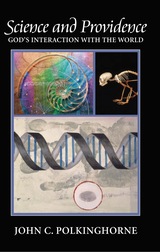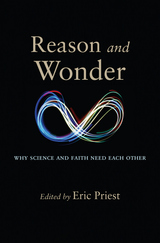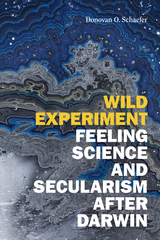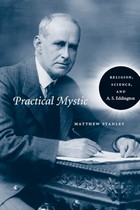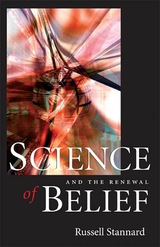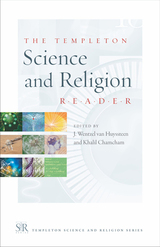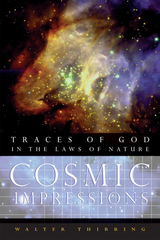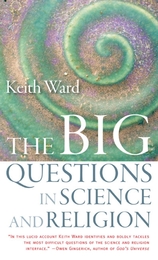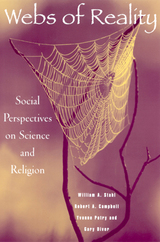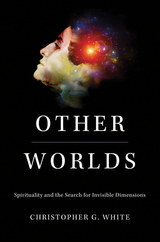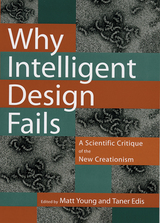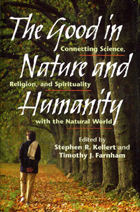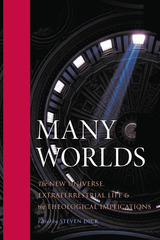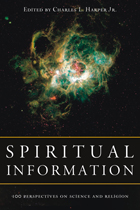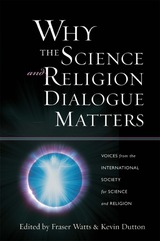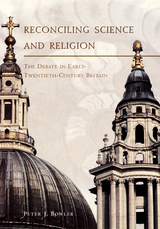Wild Experiment: Feeling Science and Secularism after Darwin
Duke University Press, 2022
Cloth: 978-1-4780-1562-8 | Paper: 978-1-4780-1825-4 | eISBN: 978-1-4780-2287-9 (standard)
Library of Congress Classification BL240.3.S3443 2022
See other books on: Atheism | Knowledge, Theory of | Religion & Science | Religion and science | Secularism
See other titles from Duke University Press
Cloth: 978-1-4780-1562-8 | Paper: 978-1-4780-1825-4 | eISBN: 978-1-4780-2287-9 (standard)
Library of Congress Classification BL240.3.S3443 2022
ABOUT THIS BOOK | AUTHOR BIOGRAPHY | REVIEWS | TOC | REQUEST ACCESSIBLE FILE
ABOUT THIS BOOK
In Wild Experiment, Donovan O. Schaefer challenges the conventional wisdom that feeling and thinking are separate. Drawing on science studies, philosophy, affect theory, secularism studies, psychology, and contemporary literary criticism, Schaefer reconceptualizes rationality as defined by affective processes at every level. He introduces the model of “cogency theory” to reconsider the relationship between evolutionary biology and secularism, examining mid-nineteenth-century Darwinian controversies, the 1925 Scopes Trial, and the New Atheist movement of the 2000s. Along the way, Schaefer reappraises a range of related issues, from secular architecture at Oxford to American eugenics to contemporary climate denialism. These case studies locate the intersection of thinking and feeling in the way scientific rationality balances excited discovery with anxious scrutiny, in the fascination of conspiracy theories, and in how racist feelings assume the mantle of rational objectivity. The fact that cognition is felt, Schaefer demonstrates, is both why science succeeds and why it fails. He concludes that science, secularism, atheism, and reason itself are not separate from feeling but comprehensively defined by it.
See other books on: Atheism | Knowledge, Theory of | Religion & Science | Religion and science | Secularism
See other titles from Duke University Press
